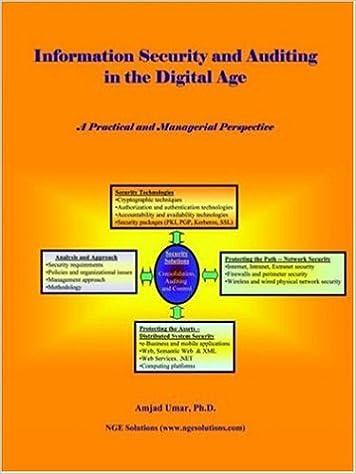
Dooper Tires owns a rubber plantation in Brazil through its Brazilian subsidiary. It is deciding whether to open its new tire manufacturing facility in the US or Canada. The new facility will produce 1.1 million tires per year and expects to sell at $130 per tire irrespective of the location in which the facility is opened. Each tire is expected to require 50 pounds of rubber. All of the rubber required for the tires is expected to be procured from the Brazilian subsidiary and shipped to the plant. The costs of shipping the rubber will be borne by the subsidiary which gets the manufacturing facility. If the facility is opened in the US, the US subsidiary will incur shipping costs of $27 per 50 pounds of rubber and additional costs for manufacturing the tire incurred by the US subsidiary is $31 per tire (excluding the cost of rubber transferred from Brazil). If the facility is opened in Canada, the Canadian subsidiary will incur shipping costs of $31 per 50 pounds of rubber and additional costs for manufacturing the tire incurred by the Canadian subsidiary is $32 per tire (excluding the cost of rubber transferred from Brazil). At the expected demand for rubber from the new manufacturing facility, the Brazilian subsidiary estimates its full absorption cost per pound of rubber to be $0.45. Assuming that corporate tax rates are 15% in Canada, 35% in the US and 20% in Brazil and tax authorities in the 3 countries will allow any transfer price between full absorption cost and $0.6 per pound of rubber, where would the tire manufacturing company prefer to open its tire manufacturing facility? (1 point) Dooper Tires owns a rubber plantation in Brazil through its Brazilian subsidiary. It is deciding whether to open its new tire manufacturing facility in the US or Canada. The new facility will produce 1.1 million tires per year and expects to sell at $130 per tire irrespective of the location in which the facility is opened. Each tire is expected to require 50 pounds of rubber. All of the rubber required for the tires is expected to be procured from the Brazilian subsidiary and shipped to the plant. The costs of shipping the rubber will be borne by the subsidiary which gets the manufacturing facility. If the facility is opened in the US, the US subsidiary will incur shipping costs of $27 per 50 pounds of rubber and additional costs for manufacturing the tire incurred by the US subsidiary is $31 per tire (excluding the cost of rubber transferred from Brazil). If the facility is opened in Canada, the Canadian subsidiary will incur shipping costs of $31 per 50 pounds of rubber and additional costs for manufacturing the tire incurred by the Canadian subsidiary is $32 per tire (excluding the cost of rubber transferred from Brazil). At the expected demand for rubber from the new manufacturing facility, the Brazilian subsidiary estimates its full absorption cost per pound of rubber to be $0.45. Assuming that corporate tax rates are 15% in Canada, 35% in the US and 20% in Brazil and tax authorities in the 3 countries will allow any transfer price between full absorption cost and $0.6 per pound of rubber, where would the tire manufacturing company prefer to open its tire manufacturing facility? (1 point)







